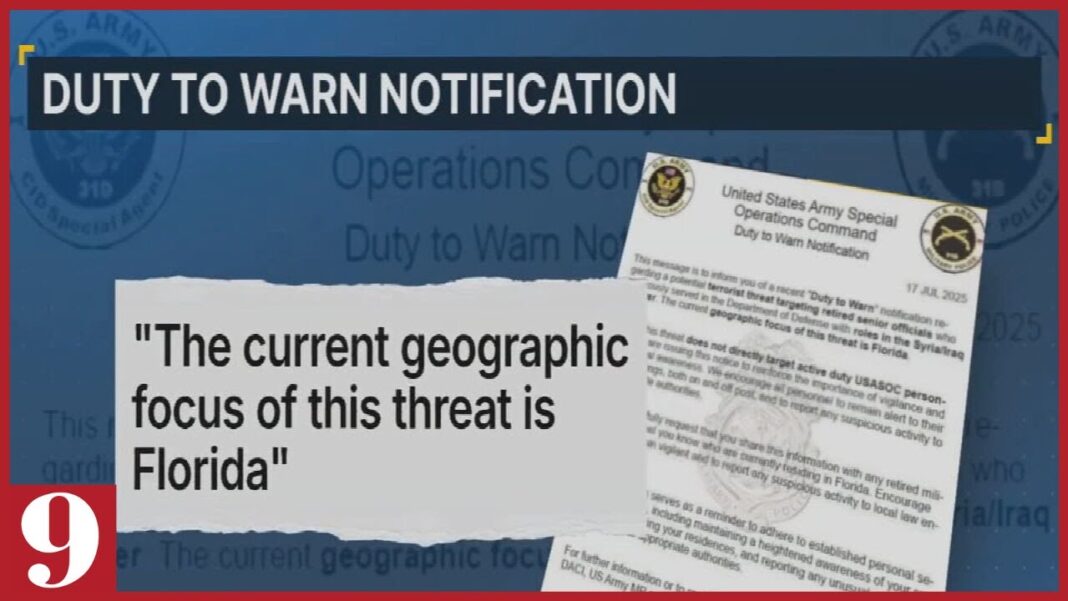The materials are still not flowing at the same level as before Beijing imposed export controls in April.
China’s exports of rare-earth magnets to the United States saw a sharp rebound in June, rising more than sevenfold from May, a sign of easing tensions amid talks aimed at deescalating the trade war.
According to data released on July 20 by China’s General Administration of Customs, exports of rare-earth magnetic materials to the United States reached 353 metric tons in June, a 660 percent increase from the previous month. However, the figure still represents a 52 percent drop from the same period in 2024.
Globally, China exported 3,188 metric tons of rare-earth magnetic materials in June, up 157.5 percent from May, though still down 38.1 percent year over year. In the first half of 2025, cumulative exports totaled 22,319 metric tons, an 18.9 percent decline from the same period last year.
China commands roughly 60 percent of global rare-earth production and nearly 90 percent of refining capacity. These metals—essential for electronics, electric vehicles, and military systems—remain one of Beijing’s most powerful levers in trade disputes.
In April, Beijing tightened export controls on seven rare-earth elements that are refined almost entirely within its borders, along with the magnets made of these materials. The move came shortly after the Trump administration unveiled U.S. tariffs aimed at rebalancing global trade.
Beijing’s chokehold on rare earths gave it significant leverage during recent tariff negotiations in London and Geneva. According to U.S. Secretary of Commerce Howard Lutnick, China agreed to resume rare-earth exports to the United States in exchange for the lifting of corresponding U.S. countermeasures, including export controls on artificial intelligence (AI) chips.
On July 14, computer chip giant Nvidia announced it had received clearance from the U.S. government to resume exports of its H20 graphics processing units to China. The H20 is a less sophisticated chip specifically tailored for the Chinese market under the Biden administration’s policy of denying Chinese AI companies access to top-tier chips.
By Bill Pan







